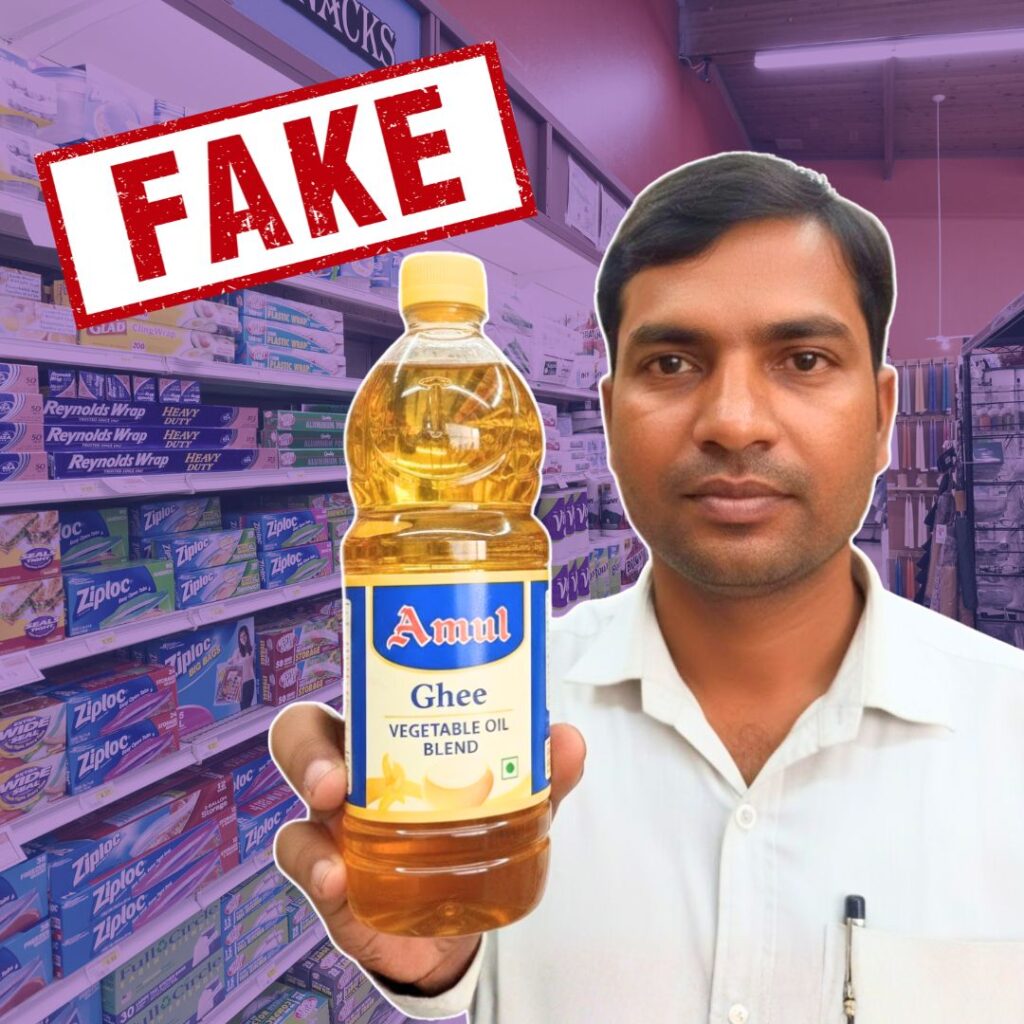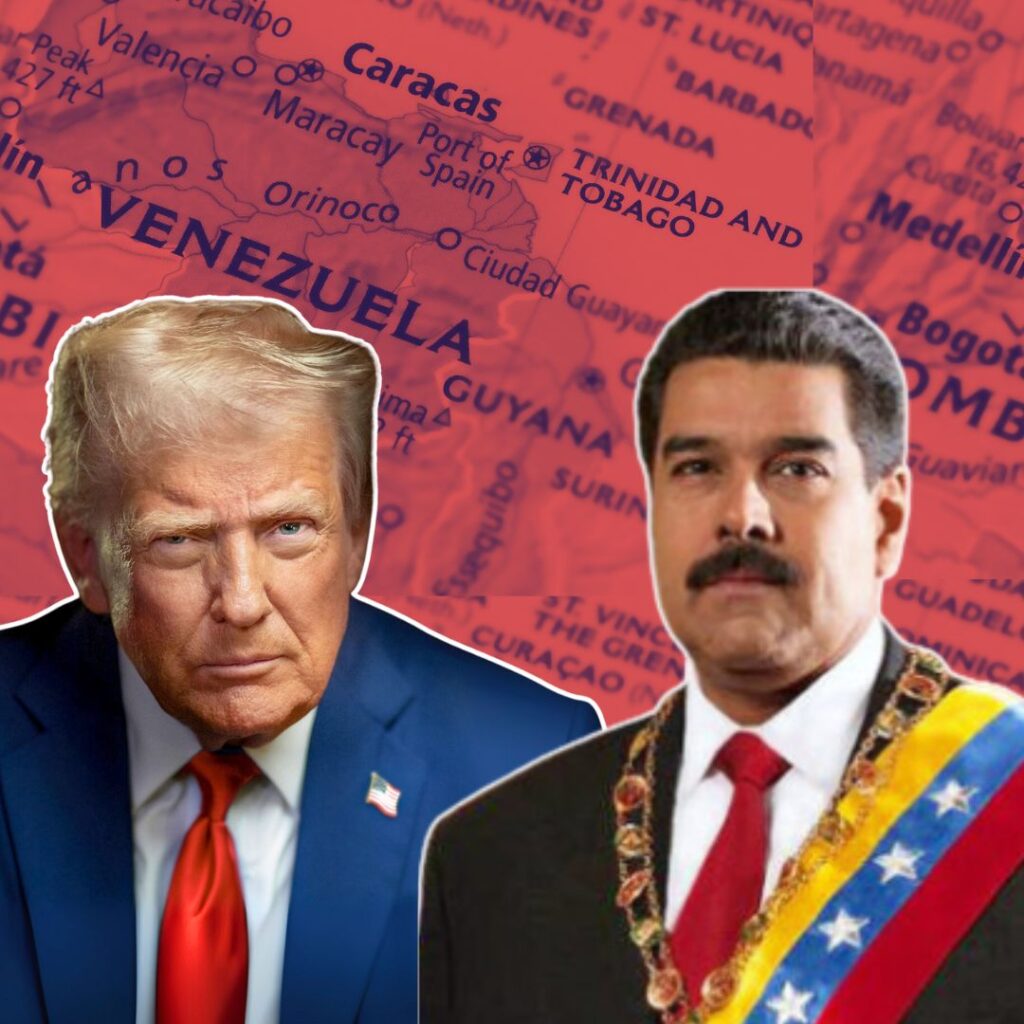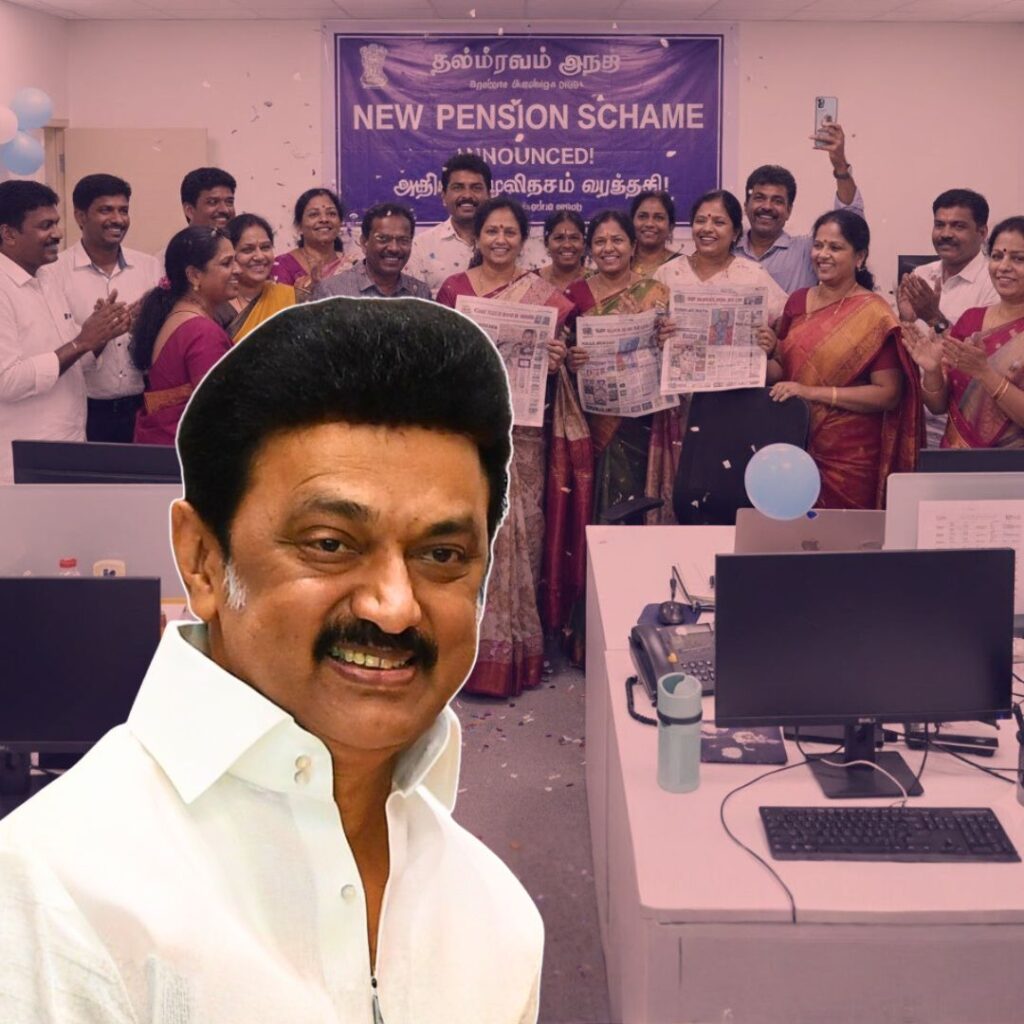A boy, who lost his innocence to the Mumbai mafia; a painter, who lost his art to the 9mm pistol; a dreamer, who lost his ambition to cheap whiskey; a romantic, who lost his love to dimly-lit brothels; and a son, who lost his ideals to hard cash – Rahul Jadhav was a gangster, an underworld hitman, an extortionist and an alcoholic. Today, he is a de-addiction counsellor and an ultra-marathoner.
Forty-four-year-old Jadhav had a decade-long stint with the Mumbai underworld, and when the Mumbai crime branch arrested him in 2007, he had grown to be one of the most wanted gangsters of his time. ‘It’s the roadmap to easy money, the underworld,’ says Jadhav. ‘And as a young boy from a lower-middle-class family, all I wanted was cash.’
Like innumerable youths in the nineties, Jadhav was a 21-year-old when he joined Jaidev Reddy*, a notorious don in Mumbai, lured by the glimmer of quick money, the glamour of guns, and gluttony for expensive scotch, and even expensive bar dancers. An ace extortionist, he enjoyed every luxury that organised crime afforded its proficient patrons around the turn of the twenty-first century. The indulgences were making him into an alcoholic and drug addict, but he made no effort to control these addictions. They made his crimes easier.
With determined hopes of making capital in the booming world of extortion, Jadhav joined the Mumbai underworld in 1997. After witnessing two decades of blood spilled by mafia gangs wresting for control over Mumbai, the fabric of the underworld was changing at the time. The brazen murders and contract killings were giving way to more sophisticated means of organised crime – extortion from Bollywood bigwigs, businessmen and real estate developers.
‘With the Mumbai police unleashing its encounter squad and the state enacting the stringent Maharashtra Control of Organised Crime Act (MCOCA), extortion became the easiest source of income for gangsters,’ says Jadhav. ‘Estimates suggest by the year 2000, extortion business was officially pegged at Rs 150 million a year in Mumbai, while unofficial figures put the stakes at Rs 10 billion annually. The menace compelled the Mumbai police to set up four Anti-Extortion Cells across the city in 1997; and five years later, they were increased to twelve.’
Jadhav joined the underworld as a funds distributor in the ‘Hawala department.’ Hawala, the illegal process of transferring funds by skirting regular banking channels, ensured gangsters had enough money to grease the crime machinery. Once the cash arrived, Jadhav’s job was to distribute it to various ‘vendors’ – contract killers, arms dealers, drug lords, and suppliers of stolen bikes.
Jadhav stuck to hawala distributions for three years until 2000, when his father coaxed him to ‘stop loitering the streets,’ and ‘do a computer course at least.’ Jadhav joined tuition, and walked out with invaluable data-name and contact number of every real estate developer in Mumbai, and its neighbouring cities. The information impressed his boss, and he was ‘promoted.’ He would now make extortion calls.
‘Although hesitant, I took up the new stint. Like most underworld henchmen at the time, I revered my don. I hoped to become his ‘Bhiku,’ the star extortionist in the 1998 cult film ‘Satya,” says Jadhav, who also assumed the same name as his underworld pseudonym.
In 2003, the tech-literate gangster, probably the first in Mumbai, availed a service, where he could make untraceable calls to his victims, sitting in the comfort of an air-conditioned cyber cafe near his home. He made hundreds of such threats for ‘protection money’ over the next year and was able to extract crores of rupees for his boss. Then, the don expressed concern over the shortage of gunmen, and Jadhav jumped at the opportunity. His work and the proximity to his don were making him feel invincible. He was confident that if cops ever apprehended him or if rival gangs came for his blood, the don would leave no stone unturned to shield him.
Jadhav’s job was to threaten at gunpoint. On days without hassle, he would fire a couple of rounds in his victim’s office, usually destroying a glass pane or damaging other property. However, on other days, things could get out of hand. Such days in Jadhav’s criminal career eventually got him slapped with four counts of attempted murders, one case under the stringent Maharashtra Control of Organised Crime Act, and various other charges.
After his arrest in 2007, Jadhav spent three years in prisons across Mumbai and Thane. Taking lessons from a terror accused in the 7/11 Mumbai blasts, he argued his own bail application and was granted the same in 2010. Although out of prison, investigators would summon him for interrogations each month, suspecting his involvement in his don’s newer crimes, and to get intelligence on his foot soldiers.
‘I fell deeper into alcohol and drugs. I hadn’t been in touch with my don for years. I wanted to reform, but the recurrent police round-ups would rub my past into…










